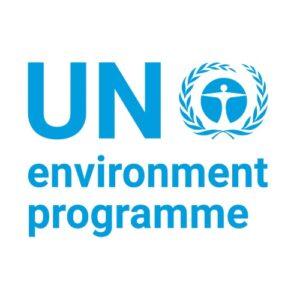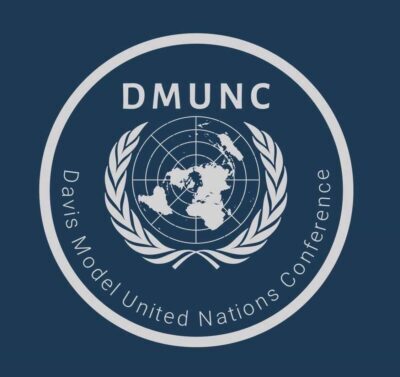Committee Agenda: Cleaner and greener future
The United Nations Environmental Program (UNEP) was founded after the UN Conference on the Human Environment in 1972 and is focused on the world’s environment, with it’s six areas of concentration being: Climate change, Post-onflict and Disaster Management, Ecosystem Management, Environmental Governance, Harmful Substance management, and Sustainable Consumption and Production. The UNEP works to help the countries of the world to more sustainable practices, guide and strengthen environmental policy, and protect the world’s vast ecosystems.
As Delegates, you will work together to develop a concrete plan to solve critical environmental issues that affect every region of the world, and hopefully help guide the world to a more sustainable and green future.

Topic A: The 2025 deadline
During the UN climate change conference in Paris, France, the Paris accords were created in order to bind nations together under the goal of limiting Global warming. The main plan was to limit the rise in temperature to 1.5 C in order to prevent the worst of climate change impacts, and to do this was to have greenhouse based peak before 2025 and decline by 2030. In 2021, the United in Science report claimed that the world is off track to meet the deadline, and the Emission Gap Report of 2023 states that the current Paris Accord Pledges will lead to a rise of at least 2.5 C, and that more action will need to be taken to reach this deadline. Now, it’s 2025, and Countries must work together to decrease greenhouse emissions, shift their economies and energy sources to more sustainable methods, and prepare a last ditch plan to lower the shift in temperature and change course with Climate Change.
Topic B: The protection of endangered species
The International Union for Conservation of Nature’s Red list of Threatened Species reports that 46,300 of its 166,061 accessed species are endangered, including both fauna and flora. Many of these species are endangered in part because of Human action. From deforestation, pollution, poaching, invasive species, and more, humanity has harmed the world’s wildlife and biodiversity more than it has helped. However, the world is working to turn a new leaf, and many projects, from legislation to repopulation, to help protect biodiversity. Now, countries are reconvening to work together to create the next steps to protect all facets of the world’s ecosystems: from the coral of Australia’s reefs, the great trees of the Amazon, to the World Wildlife Fund’s Panda.

Head Chair: TBA
TBA
